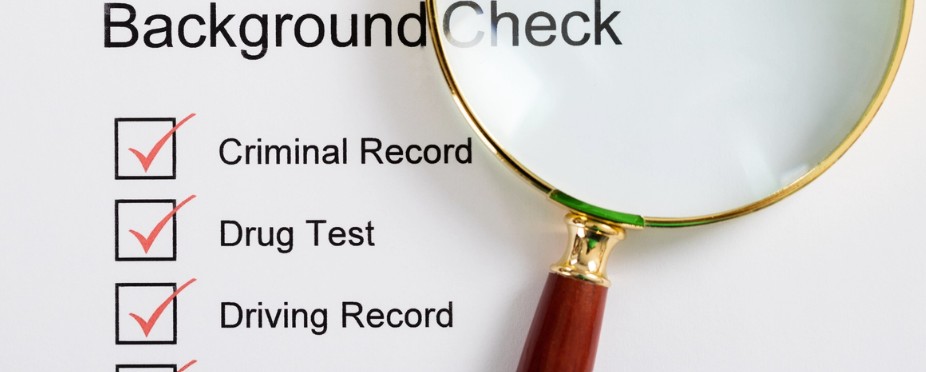Whether a small business or a large enterprise, conducting comprehensive background checks on potential hires is no longer optional—it has become a crucial and strategic step in protecting your organization, employees, assets, and overall reputation.
The Increasing Importance of Background Checks
Background checks, when used as part of the hiring process, serve as a safety net that can uncover critical information about a candidate’s history, qualifications, and overall suitability for a role.
Furthermore, in today’s litigious environment, background checks also play a role in protecting companies from costly legal disputes associated with negligent hiring practices, ensuring that your workplace is secure, reliable, and productive.
The Cost vs. Risk Debate
While many businesses, particularly smaller ones, may hesitate to invest in background screening due to concerns about costs, the reality is that not conducting one could ultimately be far more expensive. Poor hiring decisions can lead to lost productivity, damage to team morale, unresolved interpersonal conflict, or even legal action stemming from employee misconduct.
Background checks are very affordable, easy to set up and conduct, and the peace of mind they provide makes them a logical and essential choice for companies of all sizes.
Criminal, Employment, Education and Certifications Verification
Verifying a candidate’s criminal record is typically the first step businesses take. A candidate’s criminal history can highlight liability issues, assess potential risk, and ensure workplace safety and security for all employees.
Employment history verification is equally critical to ensure candidates are presenting accurate information about their qualifications.
Significant discrepancies, such as falsified roles or forged references, can indicate dishonesty, which may forecast future issues in their professional behavior or trustworthiness.
For higher-level roles, businesses might extend this research back 7–10 years, especially when decision-making and leadership responsibilities are part of the job description.
Some positions require a college degree and/or certain certifications. Not checking to ensure the candidate meets all requirements can be a risky decision.
Beyond the Basics: Adding Specialized Checks for Unique Roles
In addition to criminal and employment verification, certain roles call for more targeted screenings.
Credit checks, for instance, are often vital when hiring for roles that manage large sums of money, financial data, or other monetary resources.
Similarly, positions requiring the operation of company vehicles frequently involve driving record checks to ensure the candidate has a safe driving history and doesn’t pose a liability risk due to reckless or negligent driving behaviors.
Drug Testing and Advanced Screening Methods
Drug testing is another crucial element for certain industries, particularly those where safety and compliance are key priorities, such as healthcare, transportation, and construction.
While traditional drug tests, such as urine sampling, are commonly used, advancements in screening technology now enable businesses to utilize more in-depth tests such as hair or nail sampling, and even fingerprint analysis. These methods are particularly valuable for high-security roles or positions requiring a high level of trust, such as those in government or financial services.
Establishing Clear Guidelines for Red Flags
Determining how to handle potential red flags in a background check is very important. Every organization should create written policies and guidelines outlining what constitutes acceptable and disqualifying findings.
By establishing clear decision-making criteria, businesses not only ensure consistency and fairness in the hiring process but also limit liability or accusations of discrimination.
The Role of Reference Checks: Valuable or Overrated?
While references can provide additional insight into a candidate’s character, work ethic, and interpersonal dynamics, they are not without limitations.
Professional references, for example, are often strategically selected by candidates who expect them to deliver glowing recommendations, while personal references may lack objectivity.
To get the most value out of references, businesses should focus on asking targeted, role-specific questions that reveal the candidate’s problem-solving abilities, willingness to collaborate, and decision-making tendencies, rather than asking overly general or predictable questions.
Handling Negative Findings with Care and Compliance
The Fair Credit Reporting Act (FCRA) mandates that when a business intends to disqualify a candidate based on background check results, they must first issue a pre-adverse action notice. This document gives the candidate an opportunity to understand the findings and dispute any inaccuracies in the report. If after review, the decision to disqualify stands, the employer must then follow up with a formal adverse action notice.
A background check company may be reliable and able to provide all the accurate data necessary to evaluate a candidate’s credentials. They won’t however provide guidance on the handling of background checks that may cast a candidate in a negative light. Marzano Human Resources Consulting works with businesses on developing background check risk-mitigating guidelines. Reach out for a no-cost initial consultation.

